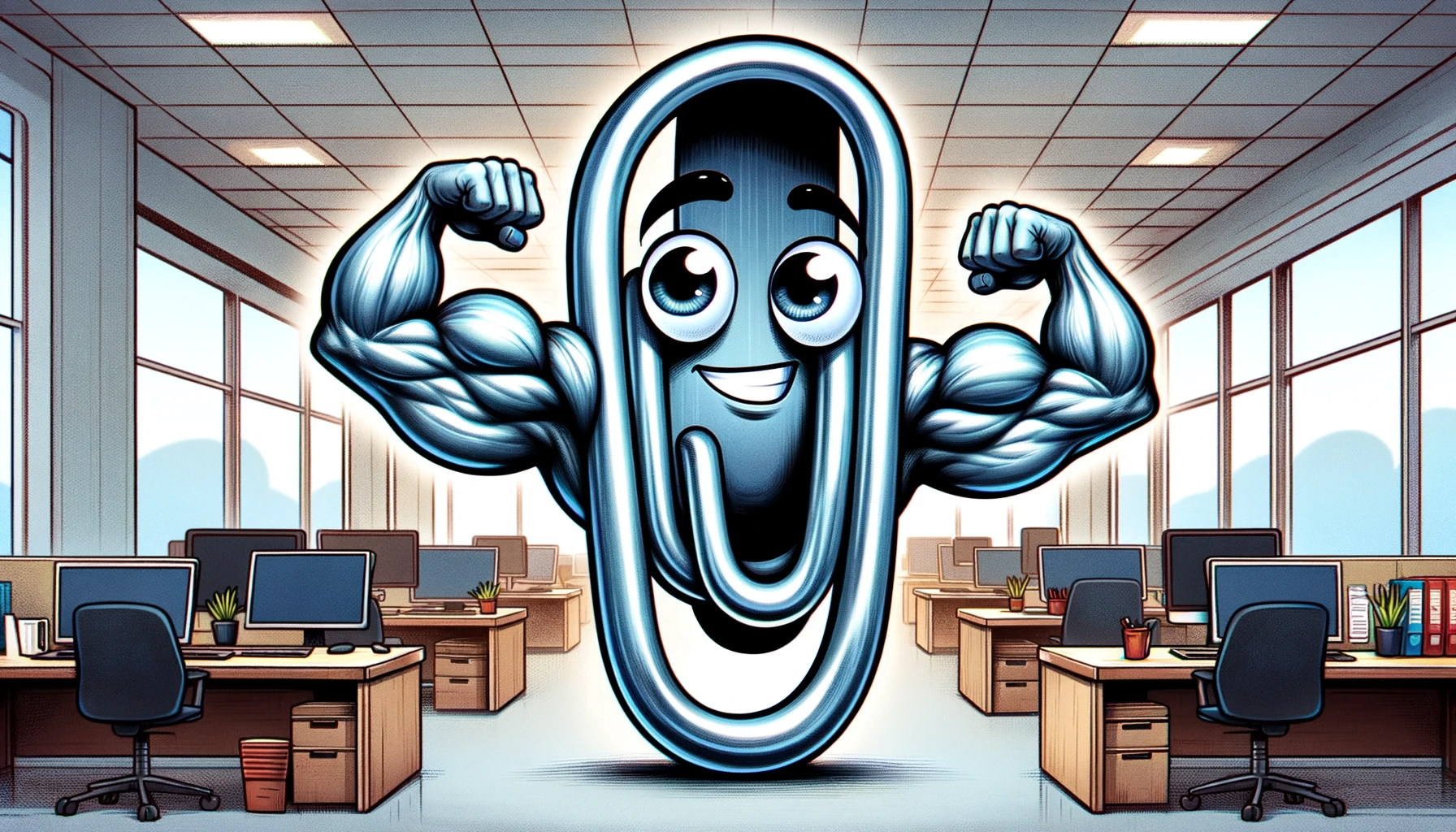Bill Gates says AI agents will send a "shock wave" through the tech industry

Key Points
- Bill Gates believes AI agents will revolutionize the technology industry in the next five years, changing the way we interact with computers and becoming personal assistants for every online user.
- Gates sees four areas where AI agents will have a major impact: health, education, productivity, and entertainment and shopping. They will democratize services that are currently too expensive for most people. Anyone can build apps.
- Despite the potential of AI agents, there are still technical challenges, such as new databases, data structures, privacy, interactions between agents and with users, alignment, the cost of generative AI, easier prompting, and reducing hallucinations.
Microsoft founder Bill Gates believes AI agents will revolutionize the technology industry in the next five years.
In a recent blog post, Gates explains how AI agents could fundamentally change the way we interact with computers, replacing the need for separate applications for different tasks.
AI agents have been a concept for nearly 30 years, but only recent advances in AI have made them practical, Gates notes.
These agents, which respond to natural language and can perform many tasks based on their knowledge of the user, are designed to become personal assistants for every online user, according to Gates. They should develop a deep understanding of the user's life to respond in a personalized way and make proactive suggestions.
You won’t have to use different apps for different tasks. You’ll simply tell your device, in everyday language, what you want to do. And depending on how much information you choose to share with it, the software will be able to respond personally because it will have a rich understanding of your life. In the near future, anyone who’s online will be able to have a personal assistant powered by artificial intelligence that’s far beyond today’s technology.
Bill Gates
AI makes services cheap
Gates believes that AI agents will democratize services that are currently too expensive for most people. He sees four areas where AI agents will have a major impact: health, education, productivity, and entertainment and shopping.
In healthcare, AI agents will assist patients with primary care, advice on health issues, and treatment decisions. They will also help medical staff make decisions and increase productivity. In mental health, Gates believes AI agents will make therapy more affordable and accessible.
Research so far supports this thesis in that large language models can describe emotions in more detail than humans can. Whether this makes machines good therapists is an open question.
Personalized learning for students, freeing up teachers
In education, AI agents will complement the work of teachers by personalizing learning for students and freeing teachers from paperwork and other tasks. Gates envisions a future in which AI agents measure the effectiveness of one-on-one instruction and provide additional guidance for all.
For productivity, AI agents will help users with various tasks and act independently like personal assistants. They will help with tasks such as creating business plans, presentations, and product images, Gates believes. Gates cites Microsoft's Copilot and Google's Assistant with Bard as examples of AI tools that are already working in this direction.
In entertainment and shopping, Gates expects AI agents to make recommendations and help carry them out. For example, they will find the best prices and services, and tailor news and entertainment to users' interests.
Gates sees the tech industry on the brink of disruption
Gates predicts that AI agents will become the next computing platform, changing the way software is used and written. AI agents would send shockwaves through the technology industry and change the way we live and interact with computers.
Gates outlines a scenario in which software development, which is still somewhat exclusive today, can be controlled by anyone. Gates sees OpenAI's GPTs, released a few days ago, as a precursor to this development.
In short, agents will be able to help with virtually any activity and any area of life. The ramifications for the software business and for society will be profound.
[...]
To create a new app or service, you won’t need to know how to write code or do graphic design. You’ll just tell your agent what you want. It will be able to write the code, design the look and feel of the app, create a logo, and publish the app to an online store.
Bill Gates
However, Gates acknowledges that there are still technical challenges to overcome, such as new databases and structures for nuanced tracking of relationships and interests while maintaining privacy, the nature, and extent of agents' interactions with each other and with users, their alignment, the high cost of generative AI, easier prompting, and reducing hallucinations.
The technology industry and lawmakers would need to address these and other issues to ensure that AI agents are used appropriately and efficiently.
Gates recently stated that he does not expect a big leap in performance from GPT-4 to GPT-5, but that fundamental problems with the models, such as hallucinations, could be solved in the next few years.
AI News Without the Hype – Curated by Humans
As a THE DECODER subscriber, you get ad-free reading, our weekly AI newsletter, the exclusive "AI Radar" Frontier Report 6× per year, access to comments, and our complete archive.
Subscribe now